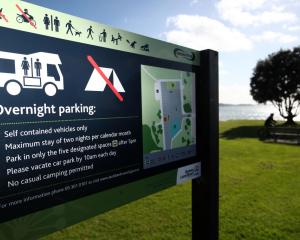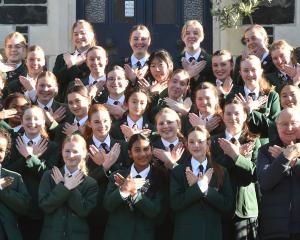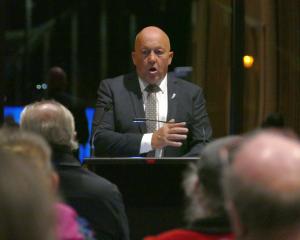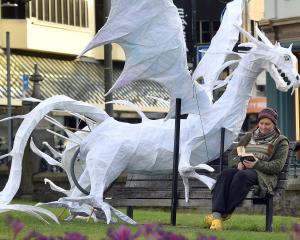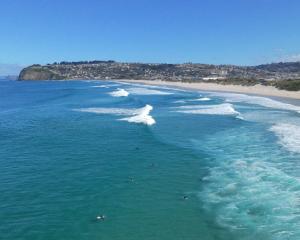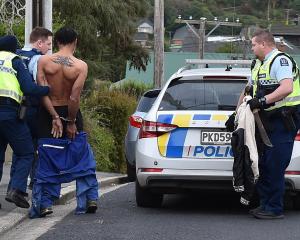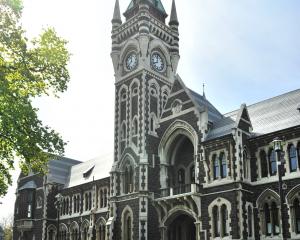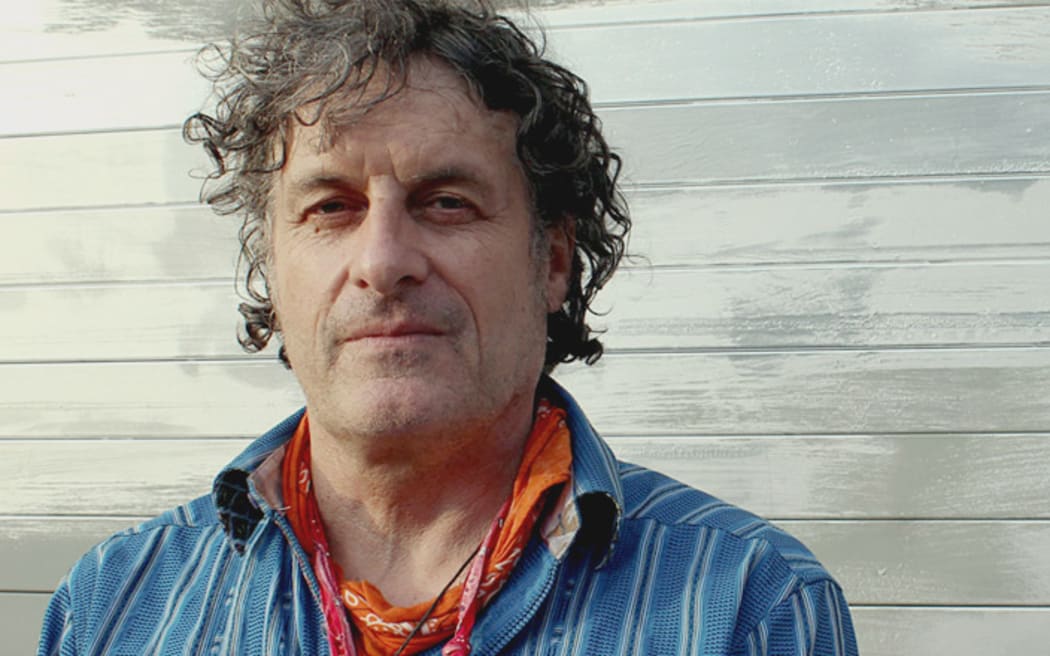
A celebrated Dunedin musician was experiencing “cultural dislocation” at the time of his death, a coroner says.
Hamish Robert Kilgour, 65, died in Christchurch’s red zone around November 27, 2022 after more than six months of mental-health struggles following his return to New Zealand from New York.
Coroner Allie Cunninghame, in her recently released findings, ruled the death a suicide.
Mr Kilgour was born in Dunedin in 1957 and 21 years later founded the band The Clean with his brother David.
The influential group, under the Flying Nun label, became synonymous with the “Dunedin Sound” movement.
The Clean were inducted into the New Zealand Music Hall of Fame in 2017.
A psychiatrist who treated Mr Kilgour in the lead-up to his death said he “should be remembered as the gifted musician and artist that he was, and not who he may have become”.
Mr Kilgour and his wife's separation in New York left him “alone and homeless”, prompting his return to his homeland in 2022, the coronial findings said.
Though he started a new relationship with a Christchurch woman, the coroner said the wrench of leaving family and friends in the States and the “cultural dislocation” that came with that could have been a factor in his death.
Mr Kilgour initially saw a doctor in March or April that year, complaining of low mood and poor sleep.
He noted he had witnessed traumatic events in his lifetime, including the September 11 World Trade Centre attack and the Christchurch earthquakes, the findings said.
Friends became concerned about Mr Kilgour's increased alcohol use, and shortly afterwards he was admitted to Burwood Hospital as an informal patient.
After being treated with medication and clinical psychology, he was discharged a month later, but it was only a few days before he was readmitted because of his spiralling mental state.
He told a community mental health nurse his mental state was deteriorating and he was feeling overwhelmed by the challenges of starting life over in New Zealand.
“He continued to remain dependent and morose on the ward,” the coroner said.
Mr Kilgour was briefly made a compulsory patient after attempting to abscond from the hospital.
In the three months leading up to his death, things appeared to improve.
Mr Kilgour used Burwood Hospital as “a base” and increasingly spent overnight leave with his girlfriend.
“He began painting again and as time progressed the content of the paintings became less dark,” the coroner said.
His medication was reduced and his depression was considered to have been treated.
Just days before his death, Mr Kilgour was described by his partner as “forward thinking”, they had dinner, watched a movie, and when they parted on the morning of November 27, his demeanour appeared “normal”.
He was found a week later by a member of the public walking through the red zone.
Nearby was a notebook in which he wrote about feeling “stuck”, and a laptop on which he had emailed his ex-wife referring to his emotional struggles, distress about problems with his teeth, and his belief that medication was not helping him.
The coroner said she was satisfied there had been no departure from a reasonable standard of care by mental-health professionals, and there were no suspicious circumstances.
Mr Kilgour’s problems had piled up following his return from the US but the coroner said it was unclear which was the primary factor precipitating his death.
“The evidence before me does not allow me to pinpoint the reason why Mr Kilgour decided to take his life,” she said.
Where to get help:
Need to Talk? Free call or text 1737 any time to speak to a trained counsellor, for any reason.
Lifeline: 0800 543 354 or text HELP to 4357.
Suicide Crisis Helpline: 0508 828 865 / 0508 TAUTOKO. This is a service for people who may be thinking about suicide, or those who are concerned about family or friends.
Depression Helpline: 0800 111 757 or text 4202.
Samaritans: 0800 726 666.
Youthline: 0800 376 633 or text 234 or email talk@youthline.co.nz.
What's Up: 0800 WHATSUP / 0800 9428 787. This is free counselling for 5 to 19-year-olds.
Asian Family Services: 0800 862 342 or text 832. Languages spoken: Mandarin, Cantonese, Korean, Vietnamese, Thai, Japanese, Hindi, Gujarati, Marathi, and English.
Rural Support Trust Helpline: 0800 787 254.
OUTLine: 0800 688 5463.




